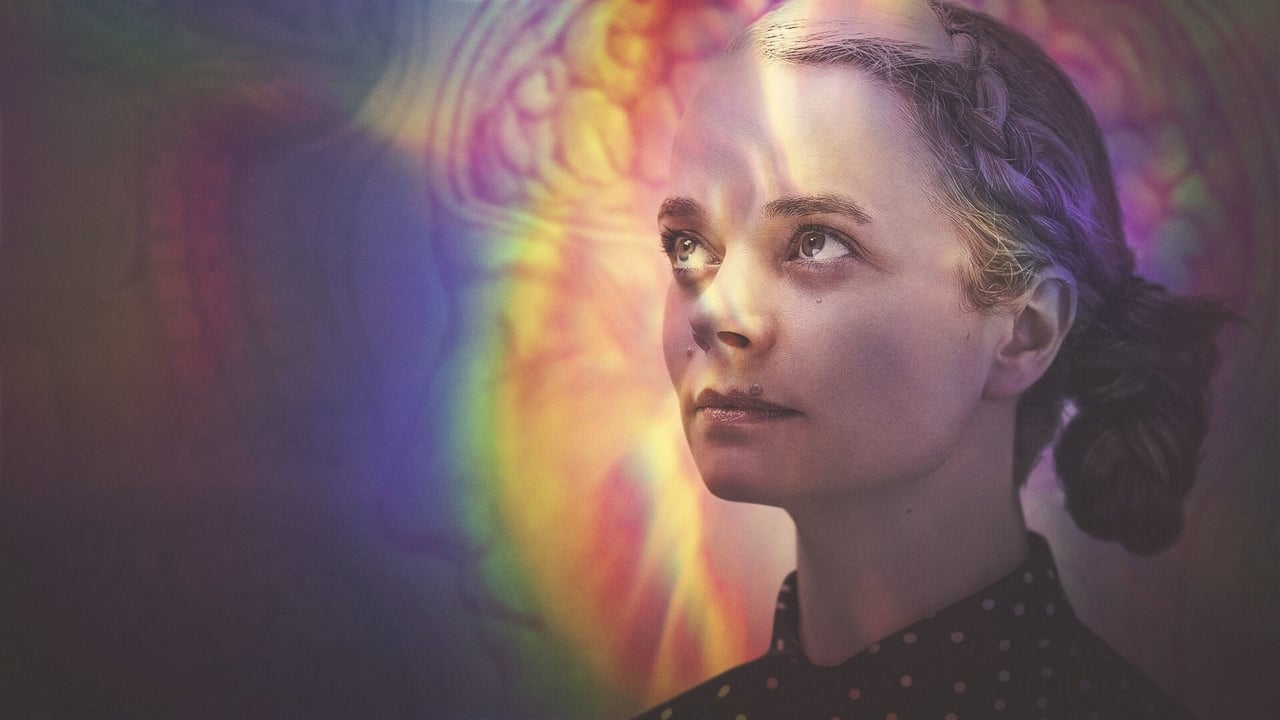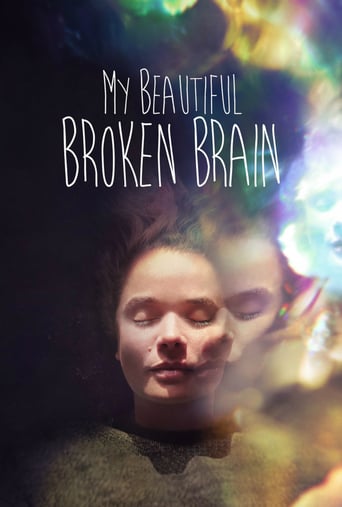

Loved it and Lotje is a really beautiful and interesting woman. Liked how she talked and her thinking, the whole experience and all. The fact that I couldn't rate this 10 stars is because of the editing. Sophie Robinson just tries so much that is getting harder and harder to pay attention. Yeah I got it, she wanted to do this so the watcher understand better Lotje's experience but there is just too much. Why exaggerate something that is clear all through the documentary?
... View MoreI started watching this documentary without a clear idea of what a stroke is or what to expect of it. Within the first 30 minutes I was crying because of the intensity of Lotje's experience. I can't even imagine how hard it is to go through such a thing and never give up hope. I loved that she filmed a lot of it herself, even though she couldn't always explain how she felt. But you do see her evolution, not only in her recovery but also in acceptance of what is. She became conscious about her condition and about the importance of rest and tranquility in life, which is slightly different from the person she was before her stroke.This documentary is a reality-check about the severity of brain damage but also about being conscious, satisfied and grateful for your life. It teaches you the strength of human faith, even though she didn't always think she would recover - she never gave up and that is exactly what got her this far. She is an example for all of us, with a beautiful broken brain or just a regular one.
... View MoreOne of the things that struck me most about this documentary is how the filmmakers capture and recreate the experiences after Lotje Sodderland's hemorrhagic stroke and make it real and comprehensible for those who wouldn't understand how it feels for Lotje and others who suffer from this. The usage of colour and amplification of sounds help the audience to not only understand what it is like for her but to also be able to hear and see it. I imagine that was her goal for making this documentary, to share her story and feel less isolated in it all and it truly pulls at your heart strings. She said it was also a way of making sense of it all for herself too in the documentary.The documentary is very real and deeply meaningful in many ways... you go on the journey with Lotje, and you feel very much for her. You watch her go from not being able to talk very much, go through therapy and experiments, to speaking about her experiences and accepting her new reality. The admirable thing is that she never gave up fighting and hope. She got better through doing so and it is a clear and beautiful message that this documentary gets across. No matter how bad it is, you should never give up hope... Lotje even found love with that beautiful broken brain of hers! It also provokes the question of reality and how brain plays a major part in constructing it. Lotje experiences a new reality, enriched with colour from the right eye and deeper field of vision, she experiences light and sound differently and she comes to accept that reality she has and is still very thankful about life and her journey is inspiring! The medium of film is beautiful to me because of this... so many stories and experiences are shared and can be understood and recreated through film. If you are a lover of documentary, science or life, I'd highly recommend this documentary.
... View MoreWow! I was mesmerized by her story and her beautiful mind... I am a nurse, and worked for many years in a acute care unit, so I dealt with this look-a-like situations on a daily basis. I always wondered about the implications of this situations, specifically in aphasic syndromes... and, somehow, always felt helpless. I mean, it's really challenging: the depersonalization, the lack of freedom that the unit routines impose, people not recognizing/redefining themselves, the uncertainty towards the future and life-goals/projects, the "re-construction" of the self and pursuing/finding a meaning. It's a really emotive journey! If you can, please read: "De Profundis - Valsa Lenta", from José Cardoso Pires (a top Portuguese writer), that describes his experience when he had a stroke. I kept remembering his writings throughout the film, he had a really similar point of view...
... View More